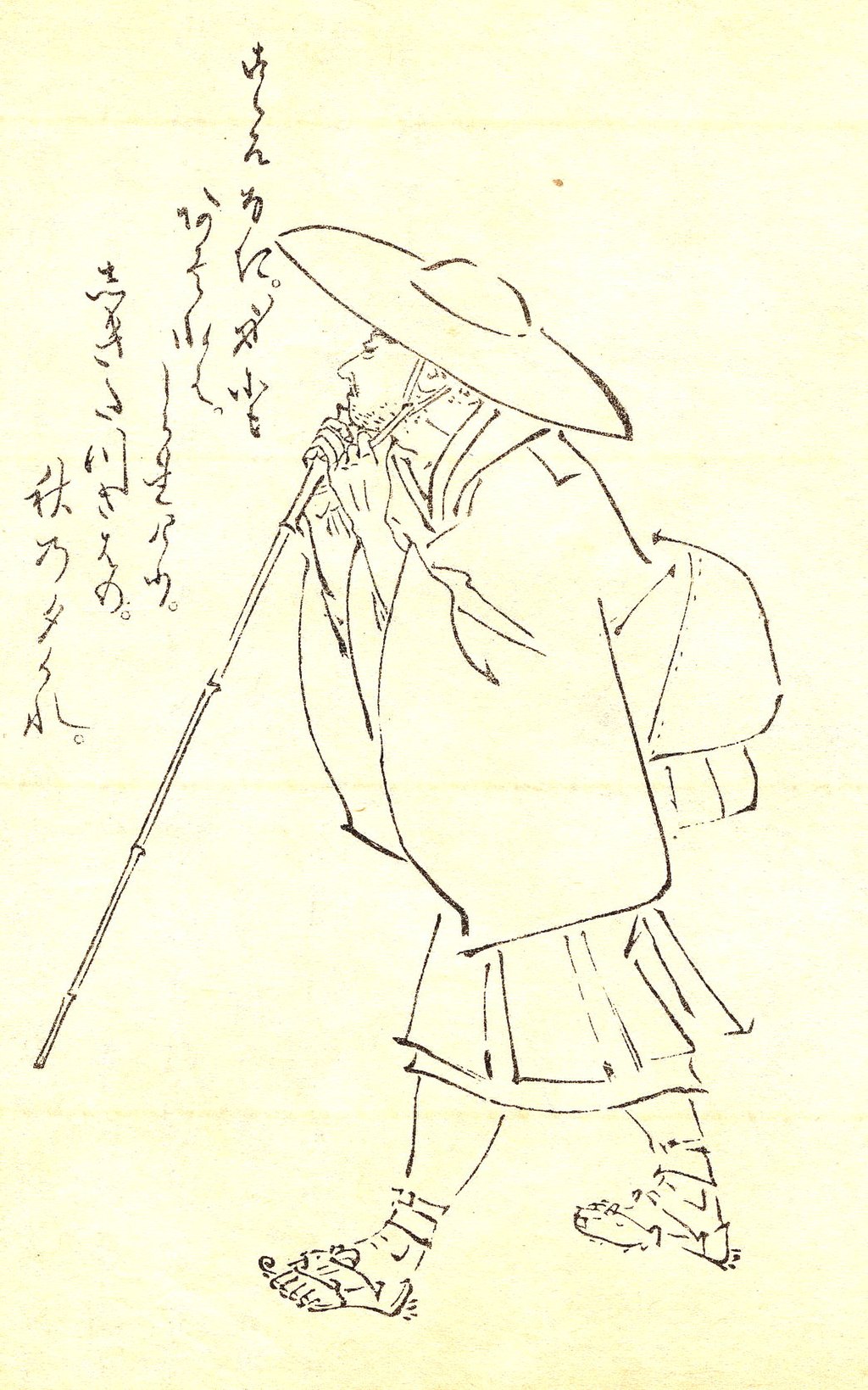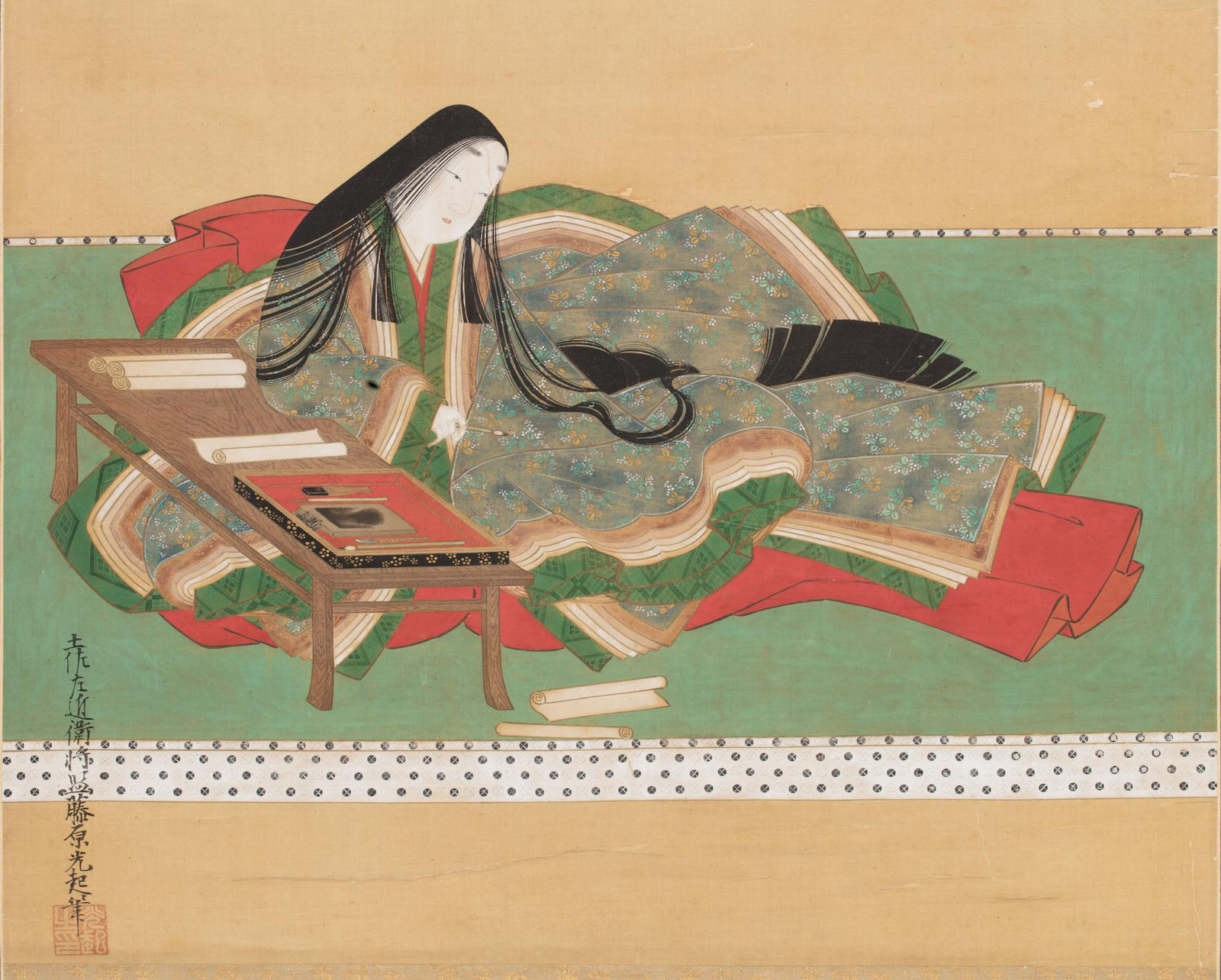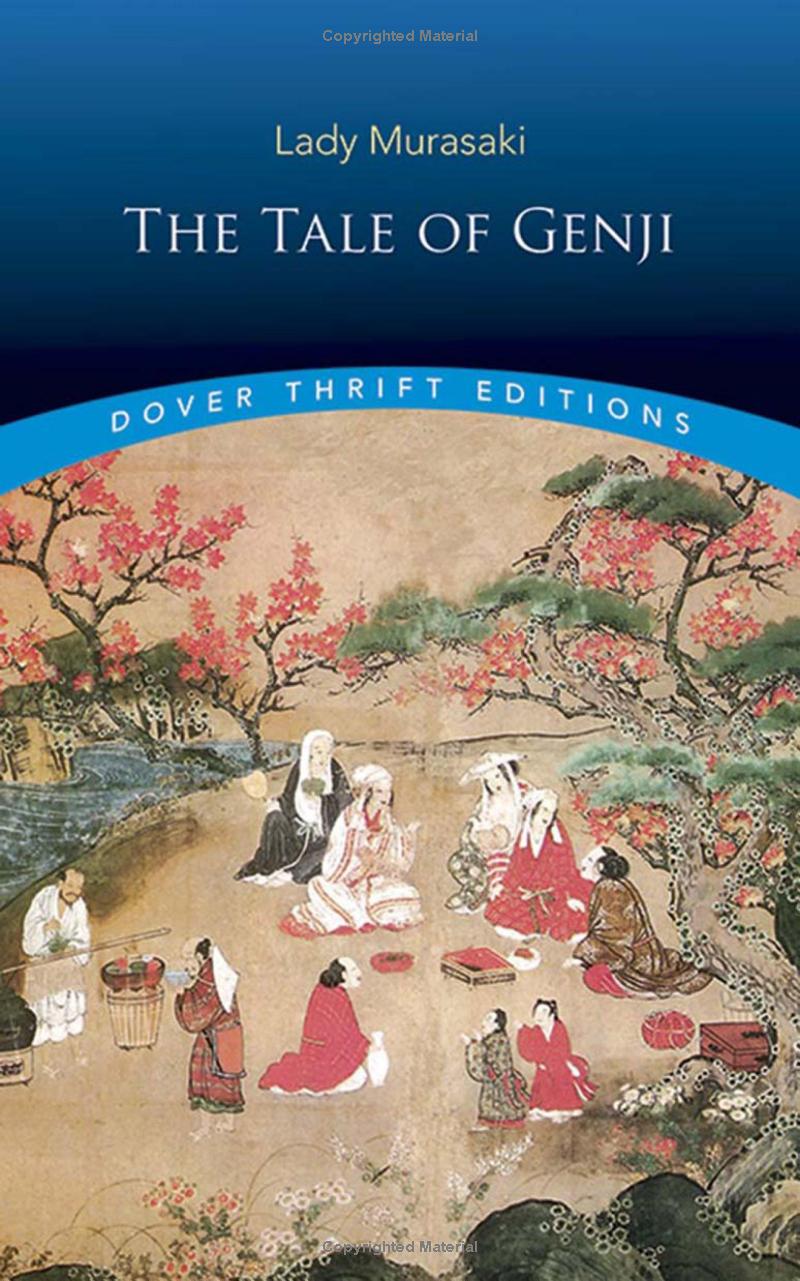
MONONOAWARE
“Mono no Aware” is a concept from Japanese culture that is often difficult to translate directly into English. It is a phrase that captures a variety of complex emotions and ideas.
The term combines “mono” (meaning “thing” or “things”), “no” (a possessive particle), and “aware” (meaning “empathy”, “pity”, “sadness”, or “pathos”). Hence, a rough translation might be “the pathos of things” or “an empathy towards things”.
However, the concept goes beyond this direct translation. Mono no Aware refers to a kind of sensitivity or a deep feeling towards the ephemeral nature of things, a poignant awareness of the transiency of all things in life. It encapsulates a profound, gentle sadness at their passing, as well as a longer, deeper gentle sadness about this state being the reality of life. It’s an awareness of the impermanence of all things and the gentle sadness and wistfulness at their passing.
In a broader sense, Mono no Aware is a worldview or aesthetic stance that acknowledges and appreciates the transient beauty in the natural world and the sorrow that such beauty must invariably fade.
This concept is often found in traditional Japanese literature, poetry, and art, and it plays a significant role in defining Japanese aesthetics. Works that evoke a sense of Mono no Aware often emphasize evocative, transient beauty, like the bloom of cherry blossoms or the changing of seasons.



